"We must uncover every detail and learn every lesson of September the 11th." – George W. Bush, November 27, 2002, at his ceremonial signing of the bill authorizing the creation of the National Commission on Terrorist Attacks Upon the United States (911 Commission).
Less publicly, that same day, he released a statement:
Many provisions of the Act, including section 342 and title VIII, establish new requirements for the executive branch to disclose sensitive information. As I have noted in signing last year's Intelligence Authorization Act and other similar legislation, the executive branch shall construe such provisions in a manner consistent with the President's constitutional authority to withhold information the disclosure of which could impair foreign relations, the national security, the deliberative processes of the Executive, or the performance of the Executive's constitutional duties.
Bush didn’t want this 911 Commission.
On January 28, 2002, Bush called Senate Democratic Leader Tom Daschle (D-SD) requesting that no September 11 inquiry be made. This was a followup call to Dick Cheney’s call to Daschle on January 24, when Cheney insisted such an inquiry would interfere with the war on terrorism.
On May 23, 2002, Bush announced that he was opposed to creating a special commission to investigate the events surrounding September 11.
"I have great confidence in our FBI and CIA," he said, in spite of revelations days before that there had been an August 5 memo presented to Bush titled "Bin Laden Determined to Strike in U.S." (deliberately mistitled by Bush’s Press Secretary Ari Fleischer as just "Bin Laden Determined to Strike U.S." – no "in").
On September 20, 2002, facing increased pressure from the 911 families, Congressional findings, and a Senate ready to approve a special 911 Commission, Bush announced his full support for a 911 Commission.
However, on October 10, 2002, just after congressional negotiators hailed a final deal over the scope and powers of a 9-11 panel, Dick Cheney called House Intelligence Committee Chairman Rep. Porter Goss (Bush’s current nominee for CIA Director). Suddenly, Goss backtracked and refused the deal, stating behind closed doors that he’d received instructions from "above my pay grade" to "keep negotiating," pushing for more difficult subpoena guidelines and the President’s right to name the Chairman of the Commission.
Bush got his way, and when he signed the Bill on November 28, 2002, he named Henry Kissinger as its Chairman, stating, "Dr. Kissinger and I share the same commitments."
Not something most people would want to admit. After all, while Kissinger was in charge of U.S. foreign policy from 1969 to 1976, he sanctioned U.S. backing of military coups, invasions, and torture in Pakistan, Chile, Argentina, East Timor, Greece, and the massive rearmament of the Israeli government after the 1973 Arab-Israeli War.
Kissinger’s strategies in Southeast Asia, including secret bombings and the invasion of Cambodia, prolonged the Vietnam War over seven years, at the cost of 30,000 American and more than a million Vietnamese lives. On the home front he instigated illegal spying on the opponents of Nixon and the Vietnam War.
During those years, Kissinger had the pleasure of working with CIA Director George H.W. Bush, with President Ford’s Secretary of Defense Donald Rumsfeld and with White House Chief of Staff Dick Cheney.
Sadly, Kissinger stepped down as 911 Commission Chair within weeks, after he refused to reveal conflicts of interest that might exist because of Kissinger Associates, a company which facilitates contracts between multinational corporations and foreign governments. (Six months later, the Managing Director of Kissinger Associates for twelve years, L. Paul Bremer, III, was named Bush’s Head of the Coalitional Provisional Authority in Iraq.)
At that point, Bush chose Thomas Kean to Chair the 911 Commission, the former New Jersey governor who appeared less controversial. Kean’s official biography on the 911 Commission website did have to exclude his serious conflict of interest. Thomas Kean is currently a Director of Amerada Hess, a petroleum giant with an off-shore subsidiary partnership with Delta Oil, a Saudi company funded by Khalid bin Mahfouz, husband of Osama Bin Laden’s sister, and head of Saudi Arabia's powerful National Commercial Bank.
There is substantial evidence that the National Commercial Bank of Saudi funneled tens of billions of dollars to Bin Laden as both protection money and support for his actions, and the bank is named in a $1 trillion lawsuit, filed on behalf of families of the victims of September 11, as alleged financiers of Al Qaeda.
Khalid bin Mahfouz also has direct ties to George W. Bush, having rescued him twice, when he was merely the son of Vice President George H. W. Bush, by pouring Saudi/Bin Laden money into his failing businesses, Arbusto 7 Oil, and years later Harken Oil.
Thomas Kean’s ongoing petroleum affiliation with Khalid bin Mahfouz should have excluded him from serving as Chair of the 911 Commission, but it was simply kept quiet.
In the end, Bush’s selection of Kean paid off well. It was Kean who accepted Bush’s terms for his own testifying before the Commission, behind closed doors, with Cheney, without notes or taping, and most important (legally), not under oath.
In spite of Bush calling for "every detail" on November 28, Kean generously allowed him to, as he’d said the same day, "withhold."
To verify/research, Google "Bush +911 Commission", "Bush +Kissinger" and "Bush +Kean".
* * * * * * *


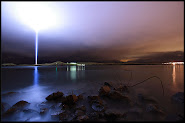








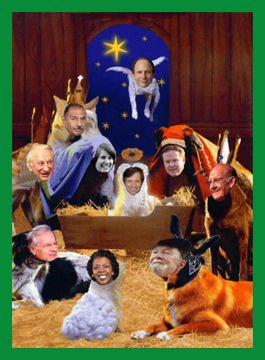
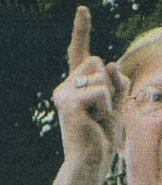

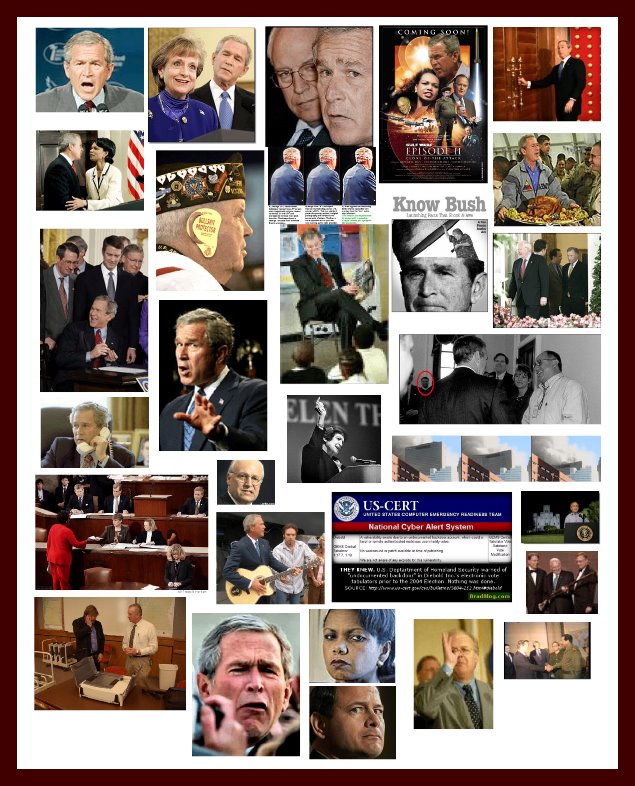
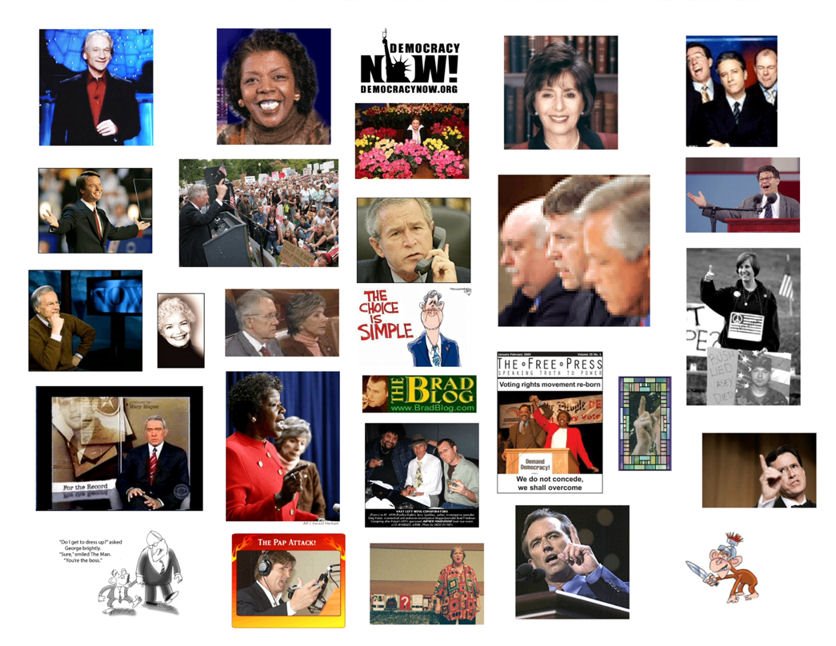

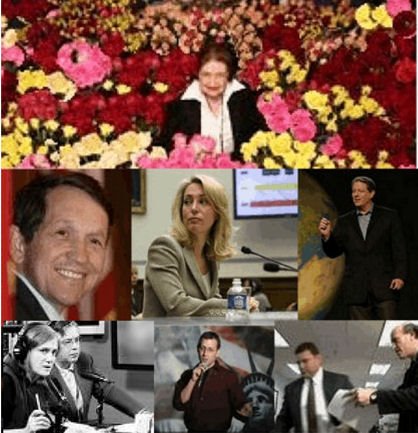
No comments:
Post a Comment